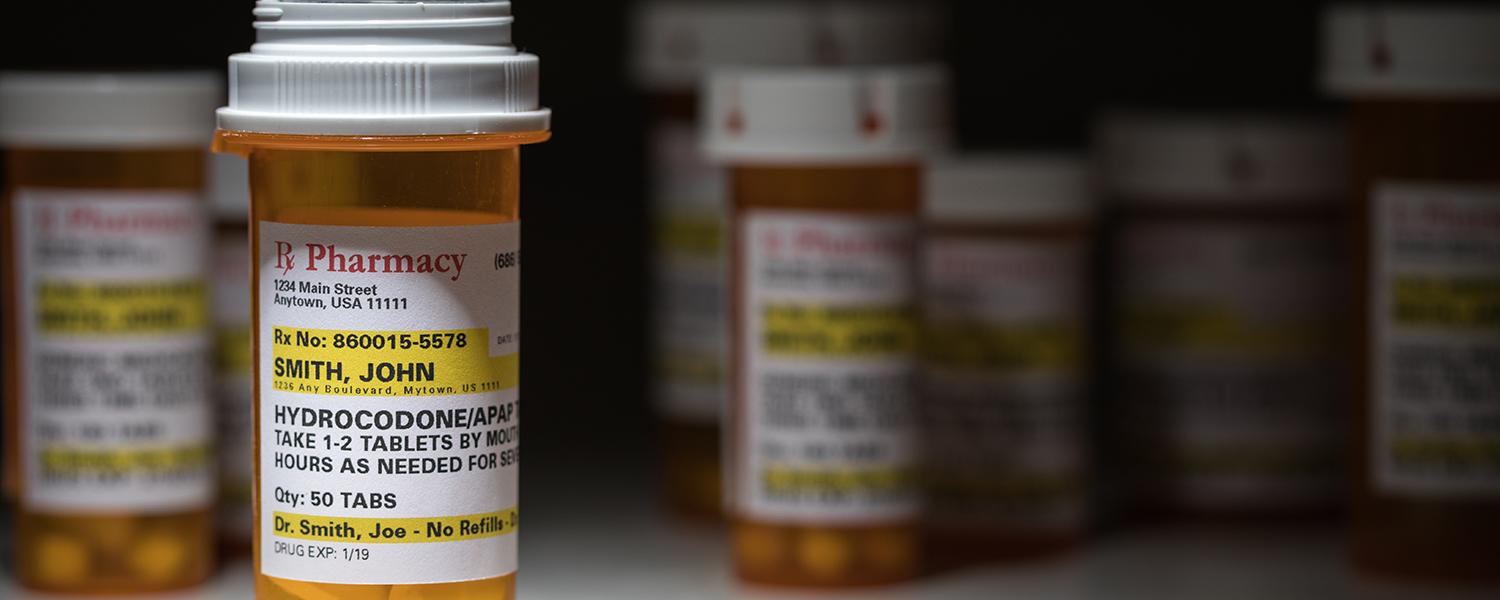Weekly Mass Torts Bulletin 2024-May-22
Pesticide Shield Bill Faces Long Odds in Missouri Senate

Legislation aimed at making it harder to sue pesticide manufacturers over cancer claims is facing a critical deadline, with an unusual coalition of opponents striving to stall its progress.
Critics argue that the bill protects large corporations at the expense of Missouri residents who have developed non-Hodgkin’s lymphoma, which they attribute to glyphosate-based pesticides like Roundup.
Supporters, including Roundup’s manufacturer Bayer, contend that the lawsuits are unfair because glyphosate has been deemed “unlikely” to cause cancer by environmental regulators. “The litigation process and inconsistent labeling requirements have cost the company billions, despite scientific consensus that glyphosate does not cause cancer,” said a Bayer attorney and former Missouri House speaker.
The bill has cleared the House and must pass the Senate by 6 p.m. Friday. However, the Senate has been mired in gridlock, currently held up by a multiday filibuster. This legislative battle sees powerful agricultural and business organizations clashing with trial attorneys, who have allied with the Missouri Freedom Caucus, a group of GOP lawmakers known for causing Senate disruptions.
“It’s an unusual alliance,” noted the president of the Missouri Association of Trial Attorneys, “but it’s crucial to recognize the importance of not limiting our rights.” Sponsored by Republican state Representative of Butler, the bill would shield Bayer from lawsuits by plaintiffs alleging the company failed to warn them that glyphosate might be carcinogenic. Bayer insists its product is safe, despite having paid billions to settle Roundup claims or fulfill jury awards.
The legislation stipulates that pesticides registered with the Environmental Protection Agency (EPA) and bearing an EPA-approved label regarding carcinogenic risks fulfill their duty to warn customers. This provision would protect Bayer from “failure to warn” lawsuits. Bayer argues, “Products that have undergone the full regulatory process and been deemed safe over about 50 years have met their obligation to warn of any associated dangers,” said the representative in a Senate committee hearing last month.
The outcome of this legislative effort hinges on the Senate's ability to overcome its current dysfunction and filibuster, with significant implications for both corporate liability and consumer protection in Missouri.
Philips Sues CPAP Cleaner SoClean to Share Settlement Costs

Philips has filed a lawsuit against SoClean, a company that manufactures ozone-based cleaning systems for breathing devices, seeking to make SoClean contribute to a $1.1 billion settlement Philips reached with users who claim they were injured by Philips’ recalled devices.
The complaint, filed in Pittsburgh, Pennsylvania, federal court, asserts that any injuries sustained by users of Philips' machines for sleep apnea and other breathing issues were caused, at least in part, by ozone exposure from SoClean's products. Philips highlighted that approximately 15% of users of the affected positive airway pressure (PAP) machines used SoClean products, with the actual figure likely being higher. The injuries may have resulted from inhaling ozone directly or from the ozone causing the foam in the machines to deteriorate.
The lawsuit also names DWHP, a private equity firm that invests in SoClean, alleging that SoClean acted as DWHP's "alter ego." Neither DWHP nor SoClean responded immediately to requests for comment. Philips, which denies that its products caused injuries, claims that SoClean and DWHP marketed their cleaning systems as compatible with Philips devices.
Laboratory tests indicated that SoClean's systems released ozone levels exceeding federal limits and that ozone remained inside the breathing machines after cleaning. Philips has always recommended using mild detergent for cleaning its devices and has never endorsed the use of SoClean's products. The U.S. Food and Drug Administration (FDA) has issued multiple warnings that ozone-based cleaning systems are neither approved by the agency nor known to be safe.
In November 2023, SoClean updated its manual and provided an adapter to prevent ozone from entering the machines. The following month, the FDA announced that it was working with SoClean to ensure compliance with its regulations. Philips' lawsuit claims that SoClean had been aware of the risks for years before taking action in 2023. Philips recalled its devices in June 2021 due to concerns that foam used to muffle the machines' sound could degrade, releasing toxic gases and particles that could irritate airways and potentially cause serious health conditions, including cancer. Philips replaced the foam with silicone in the recalled devices.
Claims from individuals alleging injuries from using the devices, including respiratory illnesses and cancer, were consolidated in the Pittsburgh court later in 2021. By the time of the settlement, tens of thousands of claims had been filed. SoClean is also facing lawsuits in the same court and, in October, it filed a lawsuit accusing Philips of disparaging its cleaning products, which is still pending.
Walgreens to Launch Affordable Version of Naloxone

Walgreens announced it will introduce its own affordable version of the over-the-counter opioid overdose reversal spray, naloxone.
Available online now and in all stores by the end of the month, this initiative aims to enhance the accessibility of this lifesaving medication amidst the ongoing opioid crisis in the U.S., which has seen alarmingly high drug fatality rates.
According to the latest CDC data, more than 645,000 people died from opioid overdoses, including both prescription and illicit opioids, from 1999 to 2021. Naloxone can temporarily reverse the effects of opioid overdoses, including those from heroin and fentanyl, by blocking opioids' effects on the brain and restoring normal breathing, thus preventing death.
Despite its effectiveness, access to naloxone “remains limited in many communities,” Walgreens noted in a release. To address this, the company will sell a two-dose pack of “Walgreens Brand Naloxone” for $34.99, approximately $10 cheaper than the over-the-counter branded Narcan, which became the first prescription-free naloxone approved by the FDA last year. Previously, naloxone required a prescription.
“This decision was made to increase accessibility not only in terms of availability but also in terms of price,” stated a senior medical director in Walgreens’ Office of Clinical Integrity. Walgreens’ new prescription-free naloxone nasal spray follows the FDA’s recent approval and serves as the generic equivalent of over-the-counter Narcan, which is also available in Walgreens stores.
The director expressed hope that Walgreens can help reduce the stigma associated with drug overdoses and naloxone use. “This medication is not just for certain people; it’s a lifesaving tool that can be used by anyone, at any age, anytime. Families, individuals, and communities can empower themselves by having it available, making it part of the solution,” she said.
Through this initiative, Walgreens aims to bolster the availability of naloxone, providing a critical resource in the fight against the opioid epidemic and potentially saving countless lives.

